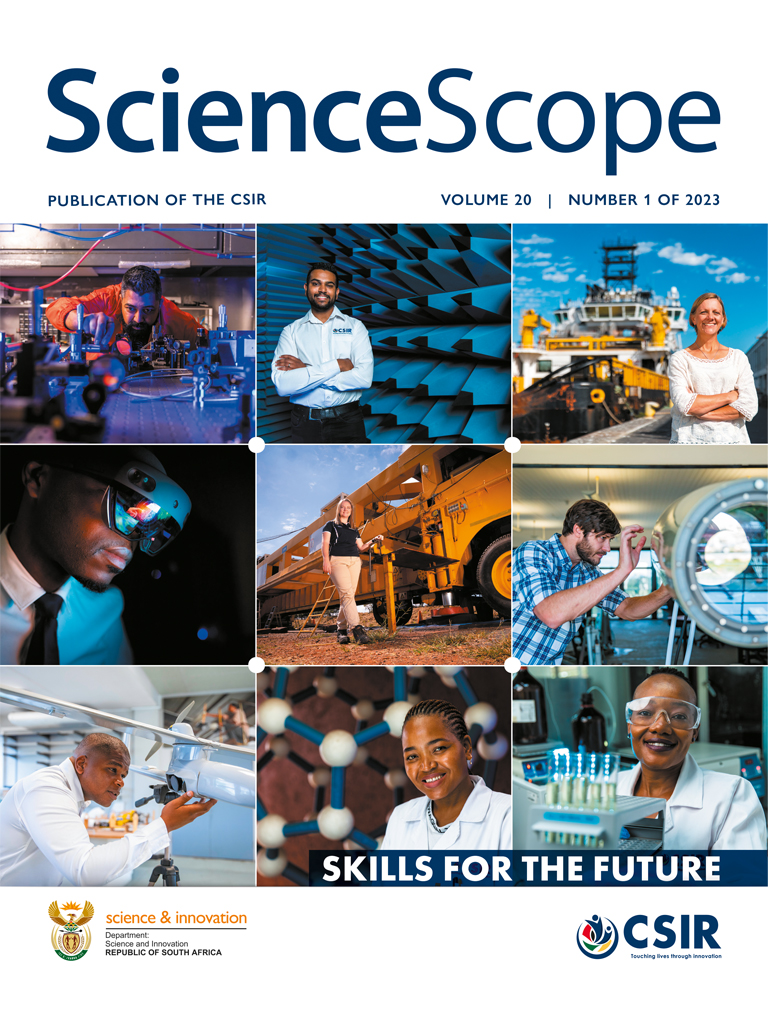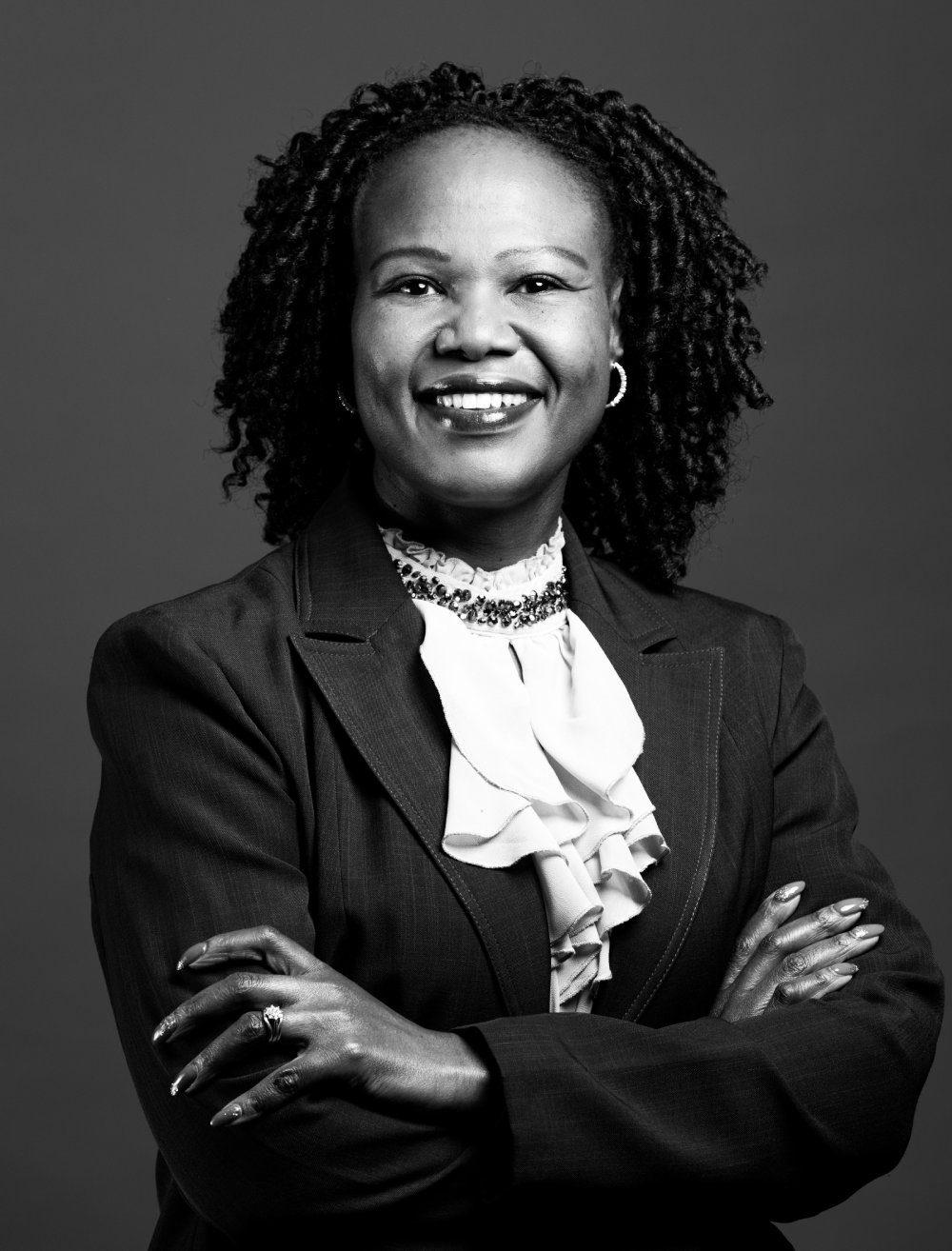News
Abulele Adams and Dhiveshni Moodley, who are environmental impact assessment experts at the CSIR, attended the annual gathering of the International Association for Impact Assessment (IAIA) from 8 to 11 May 2023 in the City of Kuching, Malaysia.
Held under the theme “Resilience through impact assessment and leadership”, the overarching objective of the conference was on exploring how impact assessment and leadership can accelerate transformation and sustain resilience in a world that requires immediate and impactful solutions.

In this edition of ScienceScope [FlipBook], we feature some of the dynamic individuals of Team CSIR who work in a variety of career types required by a multidisciplinary organisation dedicated to touching lives through innovation.
Download ScienceScope here [pdf]
Watch these careers on video: laser physicist, metallurgist, molecular biologist.
The African Union Development Agency – New Partnership for Africa’s Development (AUDA – NEPAD) Southern African Network for Biosciences (SANBio) hosted a grant induction workshop at the CSIR from 24 – 28 April 2023 to discuss the key deliverables and outcomes on the Support to Industrialisation and Productive Sectors (SIPS) programme.
On 4 May 2023, CSIR senior researcher and biological oceanographer Dr Tommy Ryan-Keogh takes to the stage at TEDx Johannesburg Countdown with his talk, titled “A changing Southern Ocean: the impact of climate change”. Media statement
The state of digital transformation in the South African mining industry: Ten insights into fourth industrial revolution (4IR) 2023 report is now available. The report provides new insights, validates existing insights from the previous report, and articulates the mining industry’s commitment to using digitalisation and technology for the ultimate creation of business value in the mining sector.

Dr Mthunzi-Kufa is the Research Group Leader of the CSIR Biophotonics research. She is an esteemed member of the Order of Mapungubwe, one of the highest honours awarded to citizens who have made outstanding contributions to the country.
As the lead for biophotonics research at the CSIR, Dr Mthunzi-Kufa optically manipulates cells at the microscopic scale. Her work is making significant contributions to the field of biophotonics and is helping to improve healthcare in South Africa.
#TeamCSIR joins TEDx Johannesburg for Countdown 2023 to unpack climate change
The Council for Scientific and Industrial Research (CSIR) is excited to announce that senior researcher and biological oceanographer, Dr Tommy Ryan-Keogh, has been confirmed as a speaker at TEDx Johannesburg for its #JoinTheCountdown event, which will be taking place on Thursday, 4 May 2023.
President Cyril Ramaphosa has announced the appointment of new members of the National Orders Advisory Council.
National Orders are the highest awards that South Africa, through the President, bestows on citizens and eminent foreign nationals. The Advisory Council on National Orders processes nominations of deserving South Africans and foreign nationals and advises the President to assist him in the execution of this important responsibility. Read more...
The CSIR will be launching the African Biomanufacturing Workforce Training Programme, designed to support training and development in the biomanufacturing sector with the intent to develop a skilled and competent workforce on the continent. It is expected to run over three years, commencing in June 2023. The programme will provide a technology development and hands-on training destination to support and grow biomanufacturing activities on the African continent.
For more information, visit https://www.csir.co.za/documents/african-bio-manufacturing-programmepdf
Click here to access apllication form.
Closing date for applications is 30 April 2023

